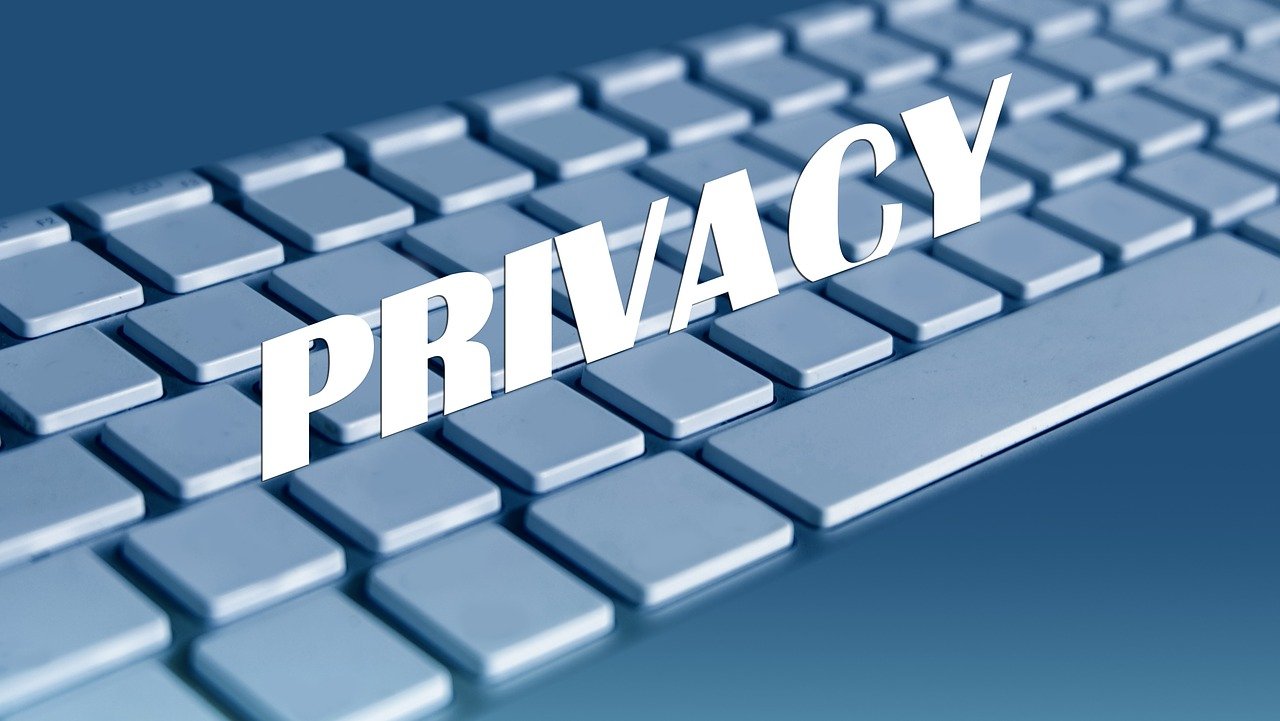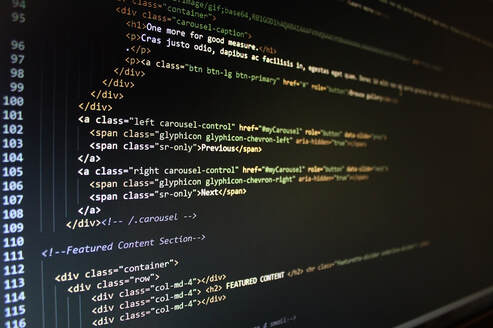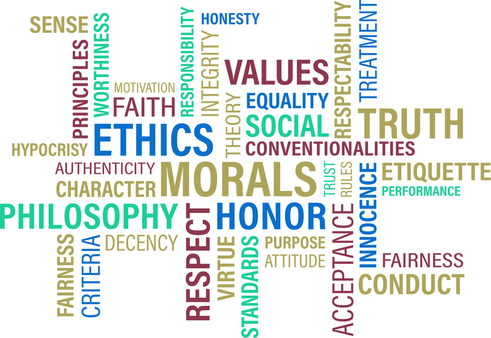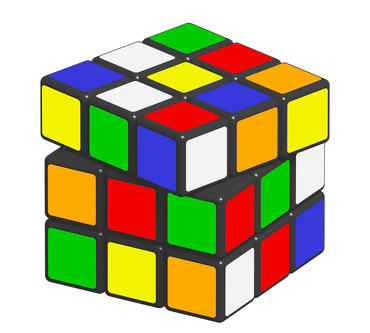|
More and more datasets these days contain sensitive data capable of identifying the people behind those ones and zeros. We usually refer to this kind of data as personally identifiable information or PII for short. PII is a privacy concern for every data scientist or analyst working with such a dataset since if it leaks, we're all in trouble! Not just the data scientist, but also the whole organization, especially if it's complying with privacy regulations like GDPR. Let's look into this matter in more detail. First of all, PII-related privacy is inevitable in most data science projects today in the real world. Chances are that at least some of the variables you deal with contain some type of sensitive data. These can be things like names, contact details, credit card numbers, and even health-related data (this latter kind of PII is particularly important since most of it cannot be changed, in contrast to a credit card). Even geo-location data is often under the PII umbrella though on its own it's not so sensitive because it's hard to match it to a particular individual without using some other variable too. This matching of particular variables to specific individuals is the source of all privacy-related problems. It's not so much the fact that some people's identities are compromised that's the issue (who cares if it becomes public that I enjoy a cup of coffee at the local coffee shop every morning?) but the fact that this data is supposedly protected. When it's out in the open, it's a breach of some privacy legislation, while the organization that handles this data is liable for a lawsuit. To make matters worse, if word gets out that a particular company doesn't protect its clients' sensitive data adequately, its reputation is bound to suffer, and its brand can be damaged. Not to mention that some of this PII can be traded in the black market, so if a malicious hacker gets hold of it, it can make things even more challenging to manage. To avoid these problems, we need to handle PII properly. You can do this in various ways, some of which we're going to explore in future articles. As I've lately delved more into Cybersecurity and Privacy, I can provide a better perspective on this subject, which can tie into data science work more practically. However, should you wish to delve into this topic a bit now, you can check out my latest video course on WintellectNow, titled Privacy Fundamentals. There I cover various practical ways about securing privacy in your personal and professional life. It's not data science-focused, but it can help you cultivate the right mindset that will enable you to handle PII more responsibly. Stay tuned for more material in the coming months. Cheers!
0 Comments
In a nutshell, web scraping is the process of taking stuff from the web programmatically and often at scale. This involves specialized libraries as well as some understanding of how websites are structured, to separate the useful data from any markup and other stuff found on a web page. Web scraping is very useful, especially if you are looking at updating your dataset based on a particular online source that's publicly available but doesn't have an API. The latter is something very important and popular these days, but it’s beyond the scope of this article. Feel free to check out another article I’ve written on this topic. In any case, web scraping is very popular too as it greatly facilitates data acquisition be it for building a dataset from scratch or supplementing existing datasets. Despite its immense usefulness, web scraping is not without its limitations. These generally fall under the umbrella of ethics since they aren’t set in stone nor are they linked to legal issues. Nevertheless, they are quite serious and could potentially jeopardize a data science project if left unaddressed. So, even though these ethical rules/guidelines vary from case to case, here is a summary of the most important ones that are relevant for a typical data science project:
It’s also important to keep certain other things in mind when it comes to web scraping. Namely, since web scraping scripts tend to hang (usually due to the server they are requesting data from), it's good to save the scraped data periodically. Also, make sure you scrape all the fields (variables) you need, even if you are not sure about them. It's better to err on the plus side since you can always remove unnecessary data afterward. If you need additional fields though, or your script hangs before you save the data, you'll have to redo the web scraping from the beginning. If you want to learn more about ethics and other non-technical aspects of data science work, I invite you to check out a book I co-authored earlier this year. Namely, the Data Scientist Bedside Manner book covers a variety of such topics, including some hands-on advice to boost your career in this field, all while maintaining an ethical mindset. Cheers!
|
Zacharias Voulgaris, PhDPassionate data scientist with a foxy approach to technology, particularly related to A.I. Archives
April 2024
Categories
All
|




 RSS Feed
RSS Feed